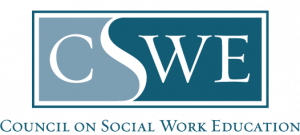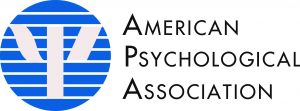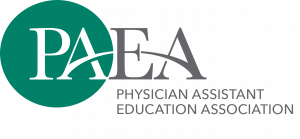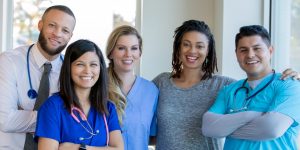
We are thrilled that as a student in the health professions, you are interested in getting involved in this critical public health service. Students Assist America has partnered with the Virginia Medical Reserve Corps because we know that you bring unique, valuable experience and skills to the public health and health care systems, especially needed during this pandemic. Whether you have a background in public health, or the physical and mental health needs of individuals, your contributions to supplement the health care workforce are indispensable – during this crisis today and in more stable times into the future.
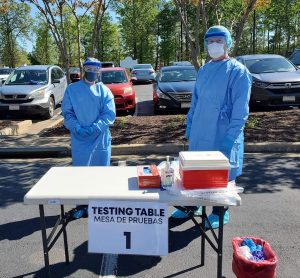 Many of your colleagues across medicine, nursing, physician assistant, social work, public health, pharmacy, optometry, dentistry and dental hygiene and psychology have answered the call to volunteer in the Commonwealth of Virginia.
Many of your colleagues across medicine, nursing, physician assistant, social work, public health, pharmacy, optometry, dentistry and dental hygiene and psychology have answered the call to volunteer in the Commonwealth of Virginia.
MRC students volunteers have two types of service opportunities.
Service Only
Students can greatly benefit from the knowledge, skills, experience and networking opportunities as a Virginia MRC volunteer. You can choose to become a volunteer at any time independent from your academic institution. We have a statewide network of MRC units that allow students to serve where they live and where they pursue their education. Your service as a Virginia MRC can follow you anywhere and provide you with hands on public health experience.
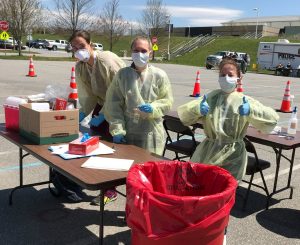 Community Service Credit
Community Service Credit
Higher education institutions can choose to provide “Community Service Credit” to students for public health volunteer service as an MRC volunteer. It is the student and institution’s responsibility to coordinate service credit requirements and necessary documentation.
All volunteers can download and provide volunteer documentation at any time using their volunteer account in the Virginia Volunteer Health System. For verification of:
- Volunteer status, volunteers can download a VA MRC Volunteer_Summary-EXAMPLE
- Training completion, volunteers can download a VA MRC Volunteer Training Report EXAMPLE
- Service completion, volunteers can download a VA MRC Volunteer Service Report EXAMPLE
Unfortunately, while responding to the COVID-19 pandemic we are unable to provide specific supervision or feedback on student volunteers. Because we are moblizing over 800 volunteers a week, we are also unable to assign a specific amount of volunteer hours or roles to student volunteers. Notifications for volunteer requests are sent to the entire corps, or a specialized teams, and filled according to volunteer availability.
Click here to apply to become a Virginia Medical Reserve Corps volunteer.
FAQs:
Q. Am I guaranteed to be called to volunteer?
Not necessarily – volunteers are mobilized according to the needs of the community and their availability. Know that these needs change quickly during an evolving health crisis so maintaining flexibility is key (just as you’ve had to do during your education these past few months!) Because of high level of engagement in the COVID-19 response, you most likely will be quickly mobilized once you become a deployable volunteer.
Q. Could I be put at risk by volunteering? What about PPE?
VDH follows CDC guidance for infection prevention measures. Any volunteer participating in an activity with potential exposure (swabbing, for instance) will be issued appropriate PPE, as do all practicing health care professionals involved in these efforts. Where activities are non-contact, such as answering phones at a health department, proper guidelines will be followed for distancing, masks, and sanitation.
Q. What are the types of activities I can choose to volunteer for?
Activities depend on the public health needs, but can range from contact tracing, staffing community COVID-19 testing sites, manning call centers, language interpretation and back to school, influenza and COVID-19 vaccination clinics. Your qualifications will be assessed during the application process and any placements will be determined accordingly.
More FAQs can be found here.
Read these articles about students and others who are stepping up in Virginia: At the Ready: Virginia Medical Reserve Corps volunteers step up to serve in times of crisis, Medical Reserve Corps seeks volunteers For covid-19 emergency response, and Meagan Helmick: Dedicated to public health education in the classroom and beyond.
Students Assist America Collaborating Organizations

![]()

![]()
